The short answer from an interventional cardiologist

Q: I’m committed to following my doctor’s advice and exercising regularly. Does it matter what time of day I exercise? Is there a best time?
Advertisement
Cleveland Clinic is a non-profit academic medical center. Advertising on our site helps support our mission. We do not endorse non-Cleveland Clinic products or services. Policy
A: Depending on your exercise goals, there may be specific benefits to working out at a particular time of day.
Exercising in the morning may be associated with lower blood pressure, better sleep and greater weight loss, due to improved fat burning and appetite suppression. Studies also suggest that people tend to be more consistent with morning exercise, due to fewer distractions that are likely to
interrupt their routines later in the day.
On the other hand, afternoon or evening exercise is associated with peaks in body temperature and flexibility and appears to be better at improving aerobic performance and strength.
But for most of us who want to exercise for general health effects, the best time is the time that works best and allows you to perform it regularly.
The American Heart Association recommends a minimum of 150 minutes of moderate-intensity, or 75 minutes of vigorous-intensity aerobic exercise, a week in divided sessions. Adding resistance training three times a week can further benefit you.
Many variables contribute to a successful exercise program, including time of day, location, type of activity and social setting. However, consistency is the most important variable and is most strongly linked to achieving positive results.
Advertisement
If you’re a morning person, then a morning workout is likely best. If you’re a night owl, exercising later in the day may be a perfect way to unwind and release stress. For most of us, it is probably best to avoid exercising just before bedtime, since it may interfere with your ability to go to sleep.
In short, the best time to exercise is when you have the most energy and motivation to do it. Regardless of why you exercise, pick the time that works best for you and stick with it.
— Interventional cardiologist Leslie Cho, MD
Advertisement
Learn more about our editorial process.
Advertisement
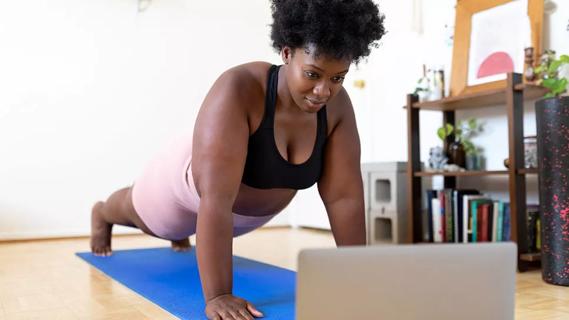
The exercise — which you’ve probably been doing since grade school — can be intimidating, but proper form can help

Exercise lowers risk for heart conditions, improves mental health and reduces visceral fat that can compromise your organs
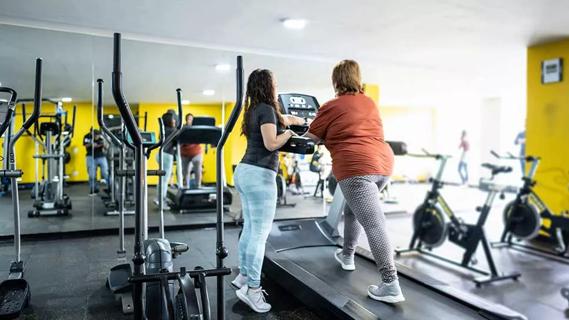
Ask questions, get referrals and consider if someone is a good fit for you and your fitness goals
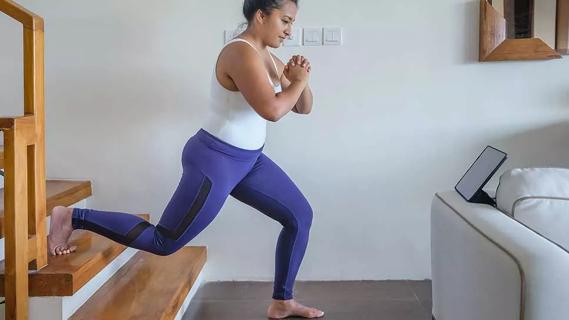
Expect a few bumps in the road, work out for the right reasons and give yourself some credit
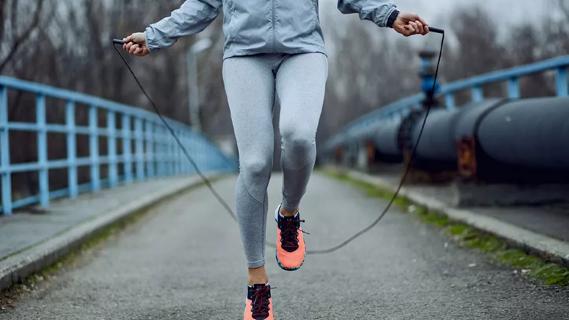
Jump into the swing of things to improve your coordination, burn calories and get your heart rate going

Walking with a weighted backpack is a low-impact, full-body workout that’s growing in popularity
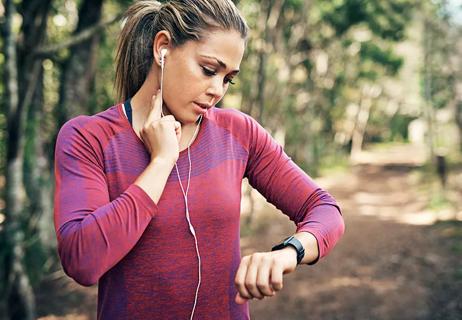
A super high heart rate means you’re burning more than fat
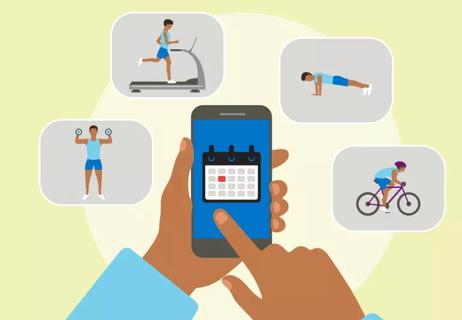
Meet your workout goals by accounting for frequency, intensity, time and type

Type 2 diabetes isn’t inevitable with these dietary changes

Applying a hot or cold compress can help with pain